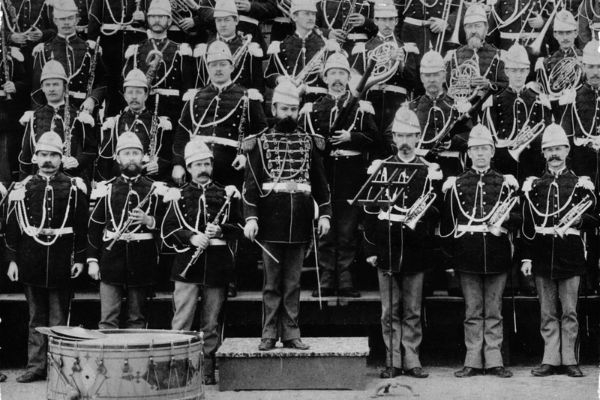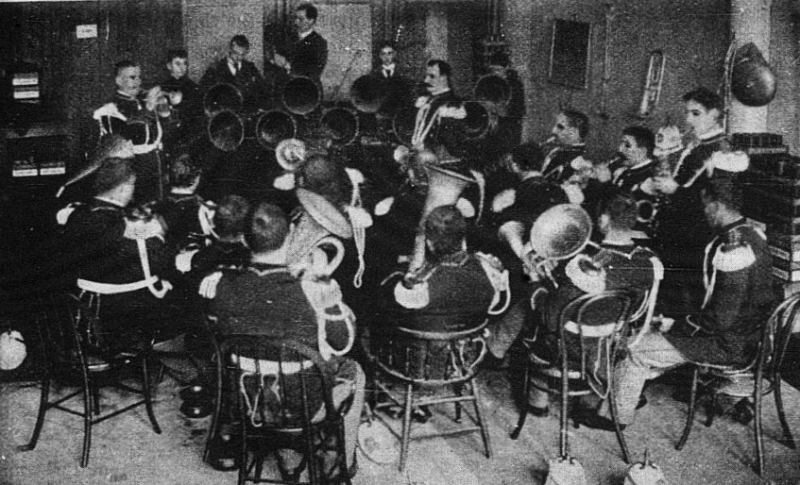He headed the Marine Band for the first phonograph recording
Sousa was in charge of the band, which the Columbia Phonograph Company chose to record utilizing the new technology. Over 400 of Sousa's compositions were available for the phonograph by the end of the 19th century, with the first recordings appearing in 1890. As a result, John Philip Sousa's music gained enormous popularity, and the Marine Band went on to become one of the first international recording stars.
The Marine Band was one of the first international recording stars as a result of this. He wrote 136 outstanding military marches during this time, including "El Captain," "Washington Post," "Semper Fidelis," "Liberty Bell," and "The Daughters of Texas," among many others, with his most well-known work being "Stars and Stripes Forever" in 1897.
Promoter David Blakely persuaded Sousa to leave the Marine Band following two successful but constrained tours in 1891 and 1892. As a result, Sousa's New Marine Band was formed.
The band's debut performance was placed at Plainfield, New Jersey's Stillman Music Hall on September 26, 1892. Patrick Gilmore, the band's leader, had passed away in St. Louis two days previously. Eventually, 19 of Gilmore's former musicians, including Herbert L. Clarke (cornet) and E. A. Lefebre, joined Sousa's band (saxophone). Despite being known as Sousa's New Marine Band, the group finally changed its name after facing backlash from Washington.










